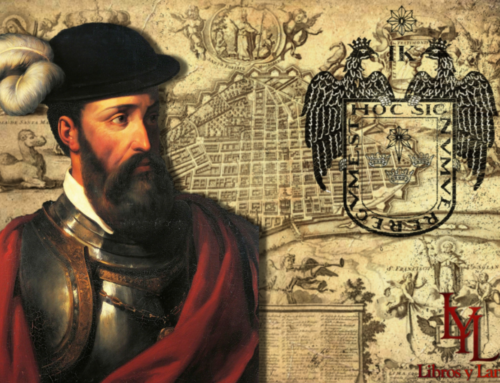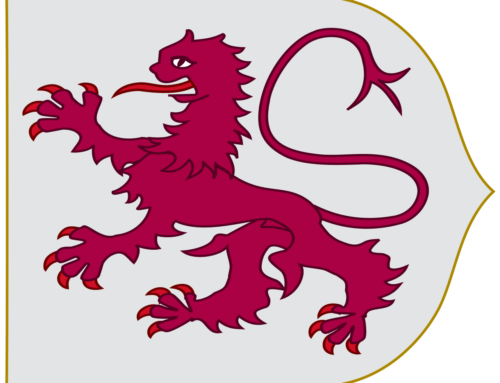Is Spain democratic?
April of the year 2014 is with us, and one cannot really face the headache of the news on television every evening, because the country seems to be splitting into a number of segments, each with a jagged edge:
Andalucía is a bottomless (and I fear neglected) well of confusion and corruption; the latest discovery by the police is the possible stealing of more than 2000 million euros destined by Europe for adult education grants for unemployed youth. The female judge Alaya is still struggling womanfully with the Case of the EREs, involving hundreds of millions of euros supposedly contributed by the EU to assist Andalucía with the unemployment problem some years ago. Over 500 million euros have vanished. This case involves two ex-presidents of the autonomic region – Chavez and Griñan, plus a host of others. This unholy couple is under the protection of the Spanish Parliament, as they are senators now. They cannot be judged in Andalucía therefore, but in the Madrid Supreme Court. If only it were supreme! It is called ‘supreme’ but its judgments can be overturned by the Constitutional Court, which is the same in grammar as calling something ‘almost unique’ or ‘nearly unique’ when if a thing is unique it is unique. The word cannot be modified.
Mr Artur Mas the president of Cataluña, burdened with a ‘Rhodesia Smith’ Complex, is determined to continue his nearly hopeless fight to declare independence unilaterally from Spain. The Government in Madrid recently won – with a massive majority – a debate about whether or not Cataluña can consult the Catalans on this subject. The Congress and the Constitution say no. Mr Mas and Mr Homs continue saying yes. Now Mr Barroso from the European Commission speaks up saying that the Catalans should know that if Cataluña breaks away from Spain she will NOT remain in the EU: that Catalans will require a passport to visit family and friends in formerly neighbouring regions such as Asturias. In reply, Mr Homs tells the Catalans not to worry, for Barroso was not speaking officially. Perhaps he was speaking, observed by a hundred TV cameras, from his bath?
The Popular Party thought it had got rid of a pile of dodgy former ministers like Acebes and Cascos etc. But the official they did not dismiss was the one who is now causing all the trouble over the financing of political parties while robbing the till – Mr Bárcenas, who even looks like a Chicago gangster. He was the Treasurer of the Popular Party until a Spanish judge started (years ago) investigating his personal finances. The PP could do without Mr Bárcenas just now, when the cleaning of the Augean Stables by Mr ‘Hercules’ Rajoy is beginning to take effect.
Is Spain democratic? The answer is no for these reasons, though if you call it ‘representaive democracy’ it scrapes by: (1) If in an election, local or national, voters use their vote to elect a Party, not a Person, it is not democratic as such. (2) If, as happened recently in Andalucía, the people vote (albeit with insufficient majority) for an Opposition Party, it is clear that they wish that opposition party to rule. They have voted democratically. But Spain has a ‘Pact’ system, by which the party that lost the election can still win it, though not democratically, by forming a pact with a third party. In Andalucía the PSOE lost the election to the PP, but then pacted with IU, giving the combined couple a majority larger than that gained by the PP. So the PSOE continued ruling, and the PP, which had won the election, was left in opposition. (3) Again in Andalucía, the previous president decided to resign. He was replaced by a fellow party member, in this case a woman. She was never elected by the people of Andalucía as their president, but she is still the President. This is undemocratic.













Leave A Comment